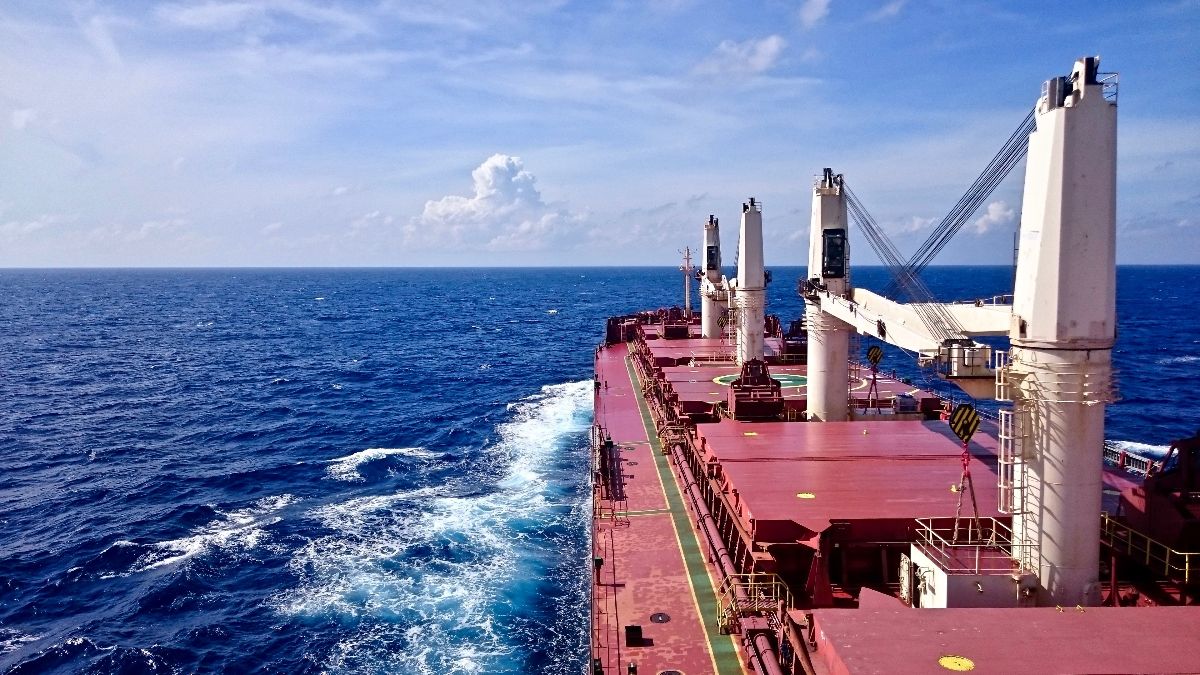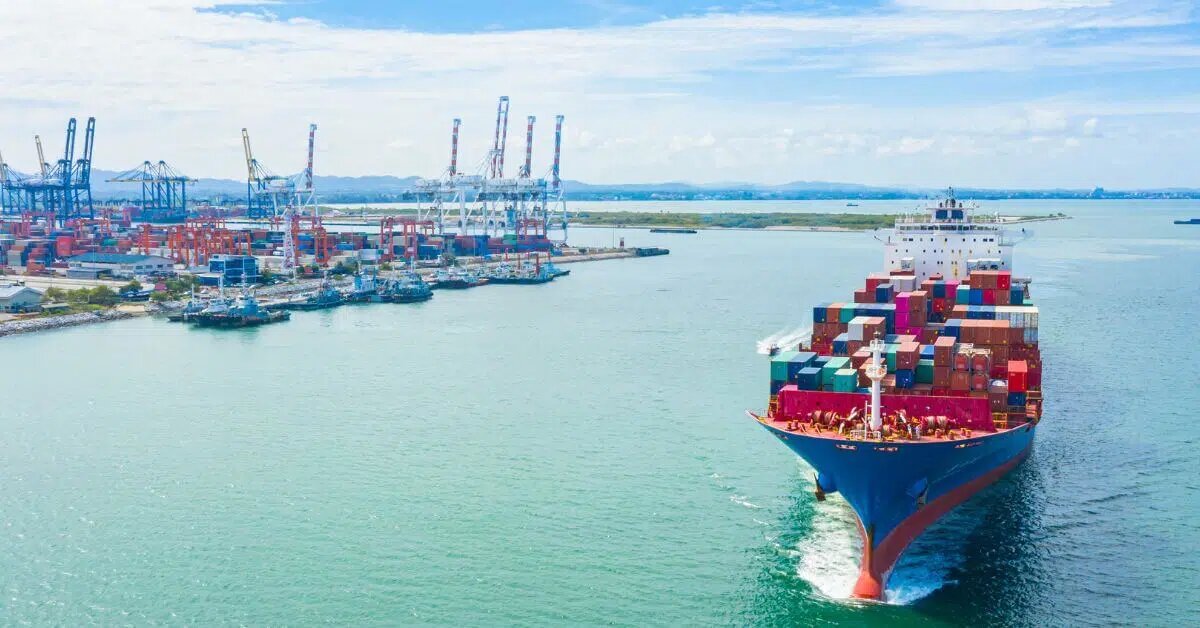On October 3, 2025, local time, the U.S. government announced the latest information regarding the Section 301 investigation. U.S. Customs and Border Protection (CBP) officially issued announcement CSMS #66427144, clearly initiating the mechanism for imposing additional fees on Chinese vessels.
According to the announcement, the U.S. government has determined that starting October 14, 2025, additional fees will be imposed on vessels owned, operated, or constructed by China, as well as all foreign-built vehicle carriers (Vehicle /Ro-Ro Vessels).
Among them, Liquefied Natural Gas (LNG) carriers are classified as vessel type 132 in the International Classification of Ship Types (ICST) and are exempt from the relevant fees.
The exemptions and special rules in the various annexes stipulate that vessel operators must pay the relevant fees before the vessel’s first arrival at a U.S. port from outside the customs territory. It is particularly important to note that the responsibility for determining whether fees are payable lies with the vessel operator, not with U.S. Customs and Border Protection (CBP).
Officials strongly recommend that vessels complete payment before arrival. Vessels without proof of payment may be denied cargo operations or may not receive clearance until the payment proof is verified. It is recommended to initiate the payment process at least three working days before arrival.
Specific Fee Standards
Annex I: Starting October 14, 2025, a fee of $50 per net ton will be charged for vessels arriving in port that are owned or operated by Chinese entities.
Annex II: Starting October 14, 2025, a fee for vessels arriving in port that are constructed by China will be charged at the higher standard of either “$18 per net ton” or “$120 per discharged container”.
Annex III: Starting October 14, 2025, a fee of $14 per net ton will be charged for arriving vehicle carriers or ro-ro vessels.
The fee exemption scope includes the following categories:
U.S. Maritime Security Program (MSP) vessels, vessels in ballast or empty, small vessels, short sea shipping vessels, vessels owned by U.S. companies, vessels preparing to load bulk export cargo such as coal or grain, etc.
If a shipowner can provide evidence of an order for a vessel built in the United States, they can obtain a fee exemption for up to 3 years.
Liquefied Natural Gas (LNG) carriers designated as type 132 in the International Classification of Ship Types (ICST) are exempt from fees.
For details on the exemption scope and fee suspension criteria, please refer to the original text in the Federal Register.
Payment and Clearance Requirements
Vessels must complete payment and submit electronic proof before arriving at the first U.S. port, otherwise they may face denial of cargo operations or delays in clearance and release. U.S. authorities recommend that vessel operators complete payment via Pay.gov on the Treasury Department’s official website at least three working days before port arrival.
Payment Methods and Information Entry
All fee payments must be completed through the U.S. Department of the Treasury’s official secure payment platform, Pay.gov, and cannot be paid at the port of entry. Pay.gov automatically calculates the fees based on the selections in the ‘Section 301 Fee Payment Form’ and transmits the payment confirmation to the Vessel Entrance and Clearance System (VECS). If VECS cannot match the payment with the vessel arrival information, the filer or vessel operator can use the Pay.gov payment confirmation email as proof of payment.
After submitting the above information, the payer must select the applicable fee category (Annex I, II, or III) and enter the relevant details as required. After payment is completed, the information will be synchronized to the U.S. Vessel Entrance and Clearance System (VECS); if the match fails, the Pay.gov email confirmation can be used as proof of payment.
Disclaimer: This article is reprinted for the purpose of conveying more information. If there are any source attribution errors or infringements of your legitimate rights and interests, please contact us with proof of ownership, and we will correct or delete it promptly. Thank you.




